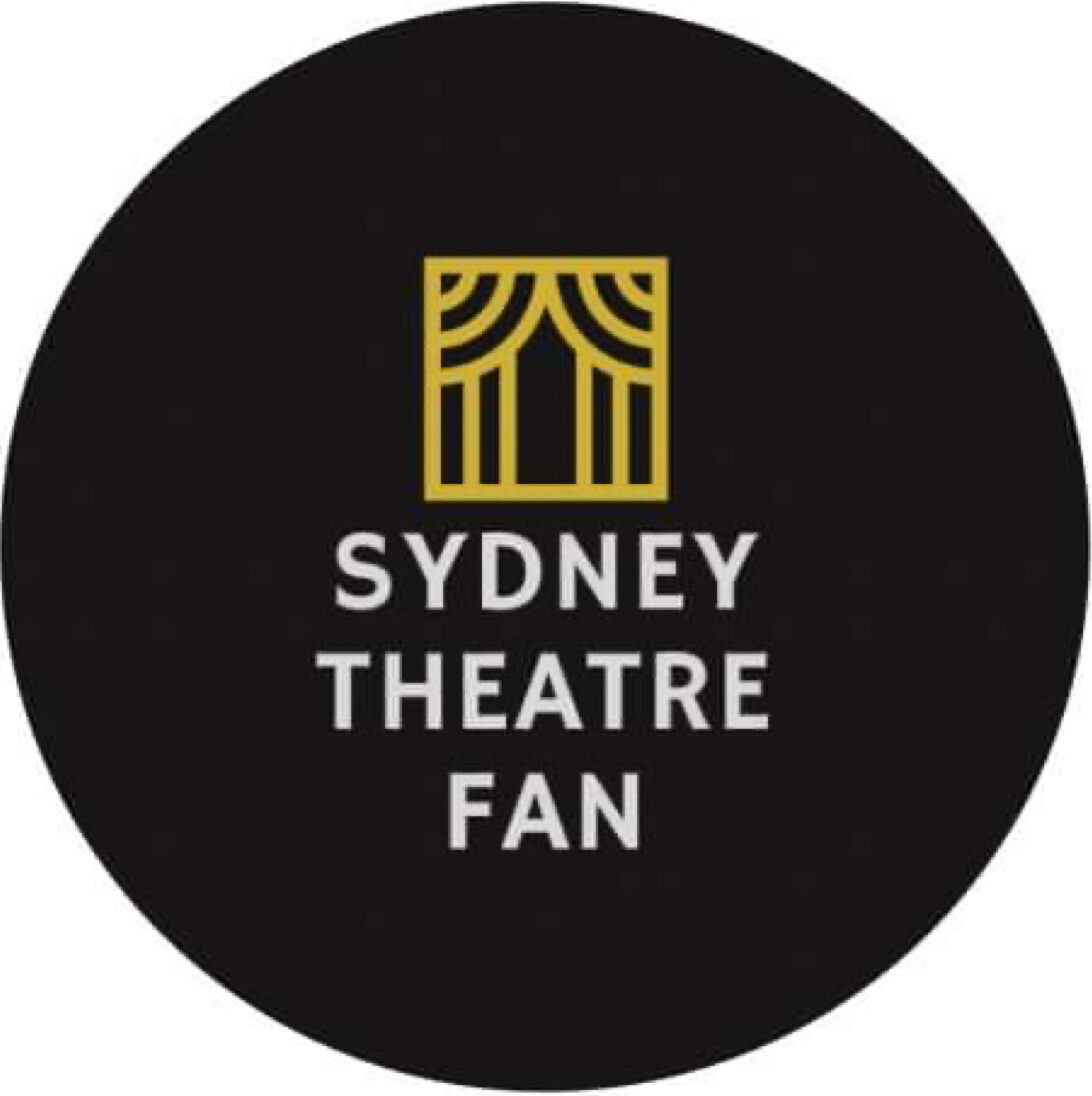4 March, 2023
2 out of 5 fans
Listen.
I started this account because I want to be honest, and to celebrate actors and crews. I don’t like to be overly critical, as it takes a lot of nerve and courage to get onstage and be vulnerable and authentic night after night.
I did not want to post a review while the show was going on, and I don’t want to name the show now, but I saw a pretty terrible production and it bummed. me. out.
So I’ll share some thoughts, hopefully as lessons to be learned. Obviously this is just one person’s opinions, and I am not naming and shaming individuals.
I’m forgiving for most things – I love musical theatre, and I love most shows even by virtue of hearing songs I know by heart staged live, that I can share with others.
It doesn’t have to be perfect, and I especially know that community theatre will often have its rough edges.
THAT BEING SAID…
Number 1:
Do NOT do a show that requires a particular lead if you do not have said lead.
You would not do Chicago without a Roxie, a Little
Shop without Audrey, nor a Wicked without an Elphaba.
If your lead cannot sing OR act (I can accept some people can do one but not the other), you do not have a show.
I appreciate as well that some shows require (or contextually infer) certain genders or races (for example, Hairspray). This can make casting a challenge, but there are ways to interpret the context whilst still providing opportunities to a wider array of local talent.
Great examples are the Australian productions of Six and Hamilton. Both shows have productions abroad with roles that were interpreted/presented by actors of a particular race. Local productions took the spirit of that (how do we ensure diversity and whilst maintaining the context of the show), and had fabulous runs.
This enhanced the production, rather than enforcing a narrow casting lens.
Number 2:
Community Theatre has a guy problem. I’ve noticed (& learned) that there is a shortage of males available for community theatre in the Sydney area. This can make certain shows challenging, especially when there is an abundance of amazing female or Non binary performers.
The production I saw had nearly an all female ensemble. Which did not work with the show. The show (the setting, the dialog, the dramatic conflict) required some male presenting performers.
I genuinely don’t care about the vocal parts, they sounded great.
But why not throw some baseball caps on and tie up some hair, so present the illusion of men onstage? It would have made a heck of a lot more sense, and still ensured the fabulously talented cast could maintain their roles.
It would have been an easy fix, and I felt it was lazy to not even go to that length in order to make the show work a bit better.
Again, without naming the show, I will say that the other two leads were excellent. Very talented and I look forward to seeing them again in something soon.
The choreographer did a great job, and certainly highlighted those who had strengths (and his those who did not).
The show was quite expensive for a community theatre production and I was disappointed in its quality. Again I didn’t want to post a review during the run as I wouldn’t want to impact community theatre commercially, but I do hope my comments find their way to the right folks, and lessons are learned.
I suppose this begs the question, what is the ultimate goal of community theatre?
Is it for the audience? A show they can sit back and enjoy?
Or is it for the actors and crew themselves? Spending hours of rehearsing, playing, finding characters? Forging bonds and friendships that will last beyond the run of the show?
If you measure it by the latter, it is obvious this cast was having an absolute blast, and I won’t begrudge them that. But I don’t think the criteria must be mutually exclusive. And I hope this companies next outing bears that in mind.
